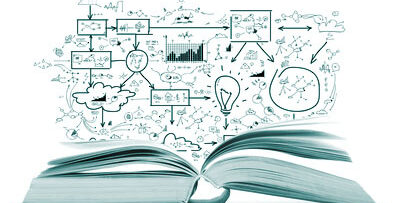The Art of Translation: Tailoring Approaches Across Domains
Translation, a delicate art that transcends linguistic boundaries, proves to be far more intricate than a mere conversion of words from one language to another. Indeed, the way we translate varies significantly depending on the domain to which the text belongs. Whether in the legal, commercial, medical, or any other specialized sector, translation demands a profound understanding of the specific context.
For instance:
Legal Translation: Balancing Precision and Literary Expression
When it comes to legal translation, precision is key. Legal terms carry subtle nuances and significant implications. It is essential to scrupulously adhere to the original meaning while conveying the literary nature of the text. Successful legal translation goes beyond the mere transposition of words; it captures the intention, legal implications, and the precision of the language used.
Legal translators, akin to tightrope walkers of meaning, juggle the need to remain faithful to the source text while making the translation accessible and understandable for the concerned parties.
Commercial Translation: Understanding, Reformulating, and Persuading
On the other hand, commercial translation requires a more dynamic approach. Here, understanding the source text goes beyond the literal meaning. It involves grasping the essence of the message and reformulating it to resonate with the target audience effectively.
Commercial translators are linguistic strategists. They decode the original message, understand cultural implications, and adapt the text to captivate, persuade, and sell. Linguistic creativity and the ability to play with words become crucial skills in this field.
The Importance of Specialization in Translation
In essence, translation is not a universal task. It is a process that requires specialization according to the domain. Whether in the legal, commercial, medical, or other spheres, effective translation involves a deep immersion in the specific context of the source text. Translators thus become bilingual experts, conveyors of meaning navigating skillfully through the nuances of each domain.
In conclusion, translation is not simply a matter of words but rather an exploration of meaning in varied contexts. Choosing the right translator, specialized in the appropriate domain, is the key to ensuring transparent communication faithful to the original intent.
